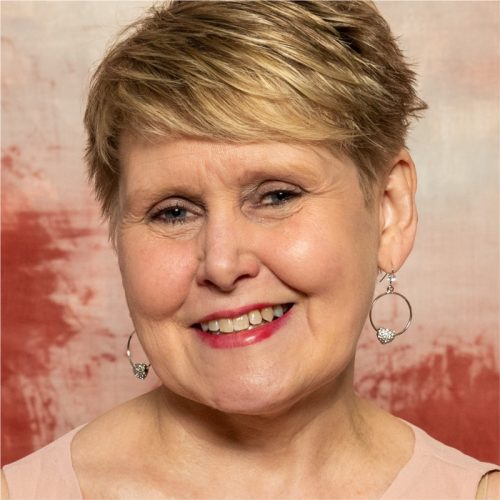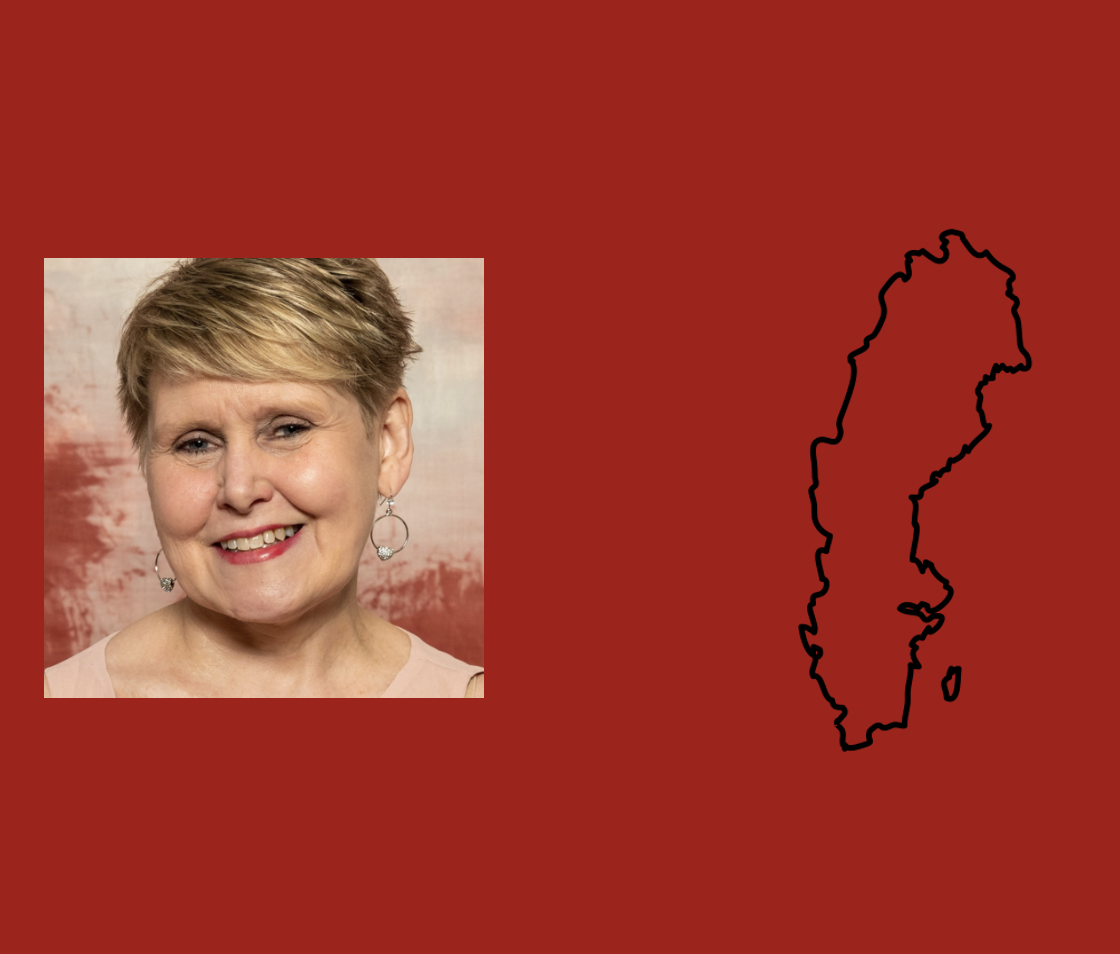Sweden and the patient perspective: An interview with Penilla Gunther, founder of FOKUS Patient®
April 2022:
PatientView is pleased to publish this interview with Penilla Gunther, a former Member of Swedish Parliament, Member of the Committee on Industry and Trade and also Common Health Care and Labour Market. Penilla is also the founder of FOKUS Patient®, the digital and physical meeting place for health care and life science in Sweden.
At the beginning of the pandemic, Sweden was using mostly voluntary recommendations versus the mandatory restrictions seen in many other countries from the outset. How do you feel this approach has affected patient communities?
PG: I think you need to know a bit of Swedish culture to understand that position. Sweden is a country built on civil society movements with thousands of people involved in volunteer efforts all year round. You are supposed to be loyal to both your fellow human beings as well as the government. To make things mandatory would be an intrusion on people’s personal life and might cause an opposite reaction.
We saw this when Sweden recently introduced a ‘Covid-19 vaccine certificate’ to show at the entrances of some arenas and other public events. People who were not opposed to vaccines, but opposed to being forced to do it, immediately started to protest.
I believe that it has been a different reaction within the patient community, depending on the kind of diagnosis. For patients with a lowered immune system, for example, there have been special measures taken like granting priority for a vaccine, a special reimbursement for being forced to quarantine because you cannot work among many other people, and more.
Unfortunately for other groups, it has been worse. Many non-urgent surgeries have been postponed and cancer diagnoses have been delayed. Every healthcare provider is working hard to reduce these queues which have increased since the pandemic started.

You founded FOKUS Patient in 2019 as Sweden’s first meeting place for patients – how did your young organisation manage to adapt and grow through the pandemic?
I think the key challenge has been finding ways to show the patient community that we are a meeting place for all of them (not only for one or two types of diagnosis) and showing that FOKUS Patient is also for those who are interested in working together, improving Swedish healthcare and learning about patients’ rights, Medtech, drugs and more.
I suppose convincing people about cross-border collaboration is a challenge everywhere, in our case we want to engage all stakeholders in the areas of healthcare and life sciences. If the patient community communicates with companies and authorities, they can really influence important decisions.
Of course it was not ideal to be a start-up when the pandemic shut down all kinds of in-person meetings, but it gave us a chance to work with our digital platform.
The ‘icing on the cake’ for us came in September 2020 when we became finalists in Reuters Events Pharma Awards Europe, in the ‘Patient Advocate’ category. It was a real encouragement that year!
On a macro level, we have seen large scale patient group coalitions and collaborations during the pandemic. From your perspective, how are patient communities interacting now?
I believe that there will be even more specified groups of patients, perhaps still belonging to an umbrella organization, but they will try to get more attention for their specific needs. Maybe because of a lack of attention during the pandemic, but also because of the need for a closer connection with a group that shares your own experience.
From your perspective within the European Patient Safety Foundation, how has patient safety changed since the pandemic? How will it look in the future?
Patient safety is a broad concept; it’s not only about safety within visiting a health care facility, but also to train people to monitor their own treatments and sampling from home and how to use new digital tools. Information needs to be designed so that it’s accessible for different age groups and other criteria.
Also, if there can be more of a collaboration between HCPs (health care professionals) and patients, there will be fewer misunderstandings when communicating treatments and procedures.
Have any aspects of the pandemic strengthened the patient movement?
Yes, I think overall public knowledge has improved around life science and how it works. Everyone has been interested in how vaccines work, how these are produced and distributed, and that is the best organic information campaign ever!
What is one important thing you think pharma companies need to do in 2022 to improve the lives of patients in Sweden and/or around the world?
Keep doing research, and involve patients more in the design of clinical trials.
Find out more about FOKUS Patient® or follow Penilla Gunther and her work on LinkedIn.
Read how PatientView work with patient groups across the world.
